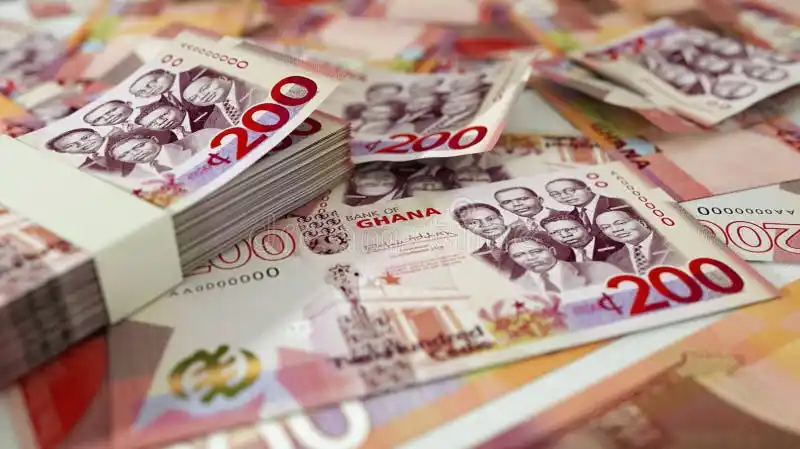Cedi on the Rise: Ghana’s Currency Shows Signs of Strength Against the Dollar”

Ghana’s cedi has staged a surprising and dramatic recovery against the U.S. dollar in 2025, prompting renewed optimism about the country’s macroeconomic direction. After suffering sharp depreciation in earlier quarters, the cedi has strengthened by double-digit percentages in recent months — a trend fueled by coordinated monetary, fiscal, and external sector reforms.
A Turnaround in 2025
In the first quarter of 2025, the cedi depreciated by about 5.3% relative to the dollar. However, by May, the currency had reversed course. Between early and mid‑May alone, the cedi appreciated roughly 10.9%, moving from about GH¢13.8 to GH¢12.3 per dollar. Some reports even suggest a cumulative gain of 42% since January.
This surge in value represents one of the strongest performances for an African currency in 2025.
Key Drivers Behind the Strength
The cedi’s revival is not accidental — several structural and policy levers have aligned:
-
Central bank interventions & liquidity injections
The Bank of Ghana has actively intervened in the foreign exchange market, injecting hundreds of millions in U.S. dollars to support local currency value and ease liquidity pressures. Tight monetary policy, with elevated policy rates, has also helped moderate speculative pressures. -
Gold exports and reserve accumulation
Ghana’s status as Africa’s top gold producer has become a core pillar of its foreign exchange inflows. Rising global gold prices and increased export volumes have funneled more foreign currency into Ghana’s coffers. Moreover, the government’s gold-centralizing mechanism ensures that more proceeds from gold go through the banking system rather than informal channels, helping to bolster foreign reserves. -
Improved fiscal discipline & debt restructuring
Fiscal consolidation efforts — including reduced public expenditure, elimination of distortionary levies, and commitment to an IMF-backed reform agenda — have increased market confidence in Ghana’s macroeconomic stability. The government’s domestic debt exchange and external restructuring have also eased immediate foreign currency demands. -
External environment and weaker U.S. dollar
On the international front, a softer U.S. dollar and shifting investor sentiment have worked in Ghana’s favor. The relative weakness of the dollar has magnified the cedi’s gains.
 Implications & Risks
Implications & Risks
The cedi’s resurgence brings both opportunities and caveats:
-
Relief on import costs and external debt pressure
A stronger cedi reduces the local currency burden of servicing dollar-denominated debt and eases the costs of imported goods, helping contain inflationary pressures. The government has cited significant reductions in total debt burdens over recent months, partly attributed to the currency’s appreciation. -
Strain on export competitiveness
If the cedi becomes too strong, Ghana’s exporters may lose competitiveness in foreign markets. To guard against this, the government projects targeting a fair exchange band of GH¢10 to GH¢12 per dollar. -
Sustainability concerns
Critics warn that the rally may be partially artificial — sustained by ongoing central bank interventions rather than organic market forces. If global commodity prices weaken or foreign inflows slow, the cedi could face downward pressure again. -
Inflation & cost of living pressures
Even with currency gains, Ghana continues to contend with high inflation, particularly in food and energy sectors. The central bank must balance supporting the cedi without reigniting inflation.
Conclusion
The cedi’s remarkable rebound against the dollar in 2025 marks a potential inflection point in Ghana’s macroeconomic trajectory. Through coordinated monetary and fiscal efforts, stronger gold exports, and external tailwinds, the currency has clawed back significant ground. Yet, sustaining this momentum will require vigilance — especially against risks of export strain, inflation, and volatility in global markets. If Ghana can manage these trade-offs wisely, the cedi’s revival might herald a deeper stabilization phase for its economy.


